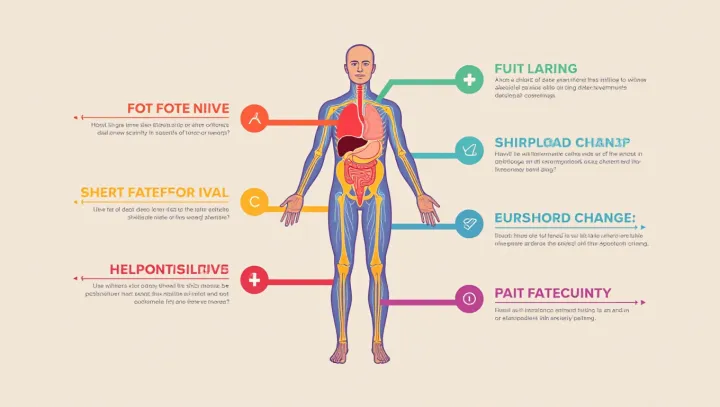Can Detox Diets Really Transform Your Health?

In the vibrant health and wellness community of Los Angeles, California, detox diets emphasizing low-fat consumption are becoming increasingly popular. Health enthusiasts are eagerly adopting these diets as a promising solution for weight loss and enhancing overall well-being. But can these diets deliver on their promises.
Detox diets are designed to cleanse the body by eliminating toxins, primarily through the consumption of whole, unprocessed foods. The focus on low-fat intake is based on the premise that reducing fat consumption aids in weight management and minimizes the risk of chronic diseases, such as heart conditions and diabetes. Dr.
Jane Smith, a renowned nutritionist based in Los Angeles, cautions against blindly following such diets without proper guidance. 'While a low-fat detox diet can be beneficial in specific contexts, it should be individualized, taking into account the nutritional needs of the person,' she advises. 'Consulting with a healthcare provider is crucial for tailored and safe dietary practices.' The appeal of these diet plans extends beyond weight loss.
Proponents argue that they improve energy levels, skin clarity, and digestive health. However, critics point out that the scientific evidence supporting the detoxification benefits remains inconclusive, with some experts asserting that the body's natural detox processes, primarily managed by the liver, suffice without dietary interventions. Ultimately, for those considering a low-fat detox diet, striking a balance between informed choices and lifestyle demands is key.
As the health community continues to explore and debate the efficacy of detox diets, individuals should prioritize scientifically validated approaches to ensure their health and safety.
